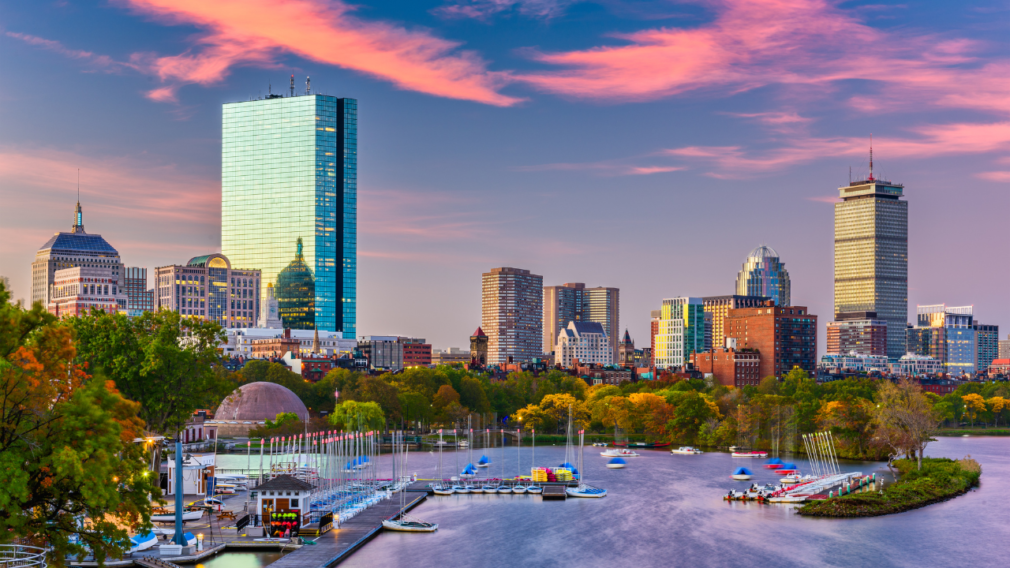Massachusetts Considers iGaming Legalization with Sweepstakes Ban Attached
A new bill in Massachusetts seeks to open the door to legal online casinos, while simultaneously moving to outlaw sweepstakes gaming across the state.

The Proposal on the Table
Representative David Muradian’s bill, H4431, advanced this week to the Joint Committee on Economic Development and Emerging Technologies. The legislation sets out a framework for a regulated iGaming market, with the Massachusetts Gaming Commission (MGC) in charge of oversight. If approved, the law would take effect on January 1, 2026, allowing residents to play online slots, table games, poker, as well as peer-to-peer and skill-based titles.
Muradian argues the bill would reduce black market activity and create an additional tax revenue stream. Operators holding a land-based casino license in Massachusetts would be eligible to apply for an online license. Currently, three brands qualify: Plainridge Park (PENN Entertainment), MGM Springfield, and Wynn’s Encore Boston Harbor. Each would be permitted to launch up to three skins, which would not need to carry the same branding as the parent license.
Market Conditions and Taxation
Under the proposed framework, iGaming operators would face a 15% tax on gross gaming revenue, compared to the 20% levied on online sportsbooks. A portion of the tax would fund the state’s Player Health Program, which connects people to treatment services and promotes responsible gambling.
The bill also introduces restrictions on advertising. Licensed operators would be prohibited from using celebrities or influencers appealing to audiences under 21, and from advertising on college or university campuses.
A Direct Challenge to Sweepstakes
One of the most controversial elements of H4431 is the explicit ban on online sweepstakes gaming. The bill defines the vertical as any game, contest, or promotion simulating casino, lottery, or sports betting through a dual-currency system with prizes or cash equivalents.
Muradian’s proposal would not only block sweepstakes operators from entering the state but also impose criminal penalties on groups or individuals deemed to be active in the sector. Violations could carry fines between $10,000 and $100,000 per incident, license removal, and up to two years in prison.
Industry Pushback
The move to outlaw sweepstakes has sparked strong opposition from industry representatives. The Social Gaming Leadership Alliance (SGLA) issued a sharp response:
“Massachusetts has long been a hub of innovation, technology, and economic leadership, but this proposal sends the wrong message. A blanket prohibition on social games would strip away lawful entertainment, criminalize legitimate businesses, and undermine an industry that, if rules are modernized to regulate and tax the industry, could add to the state’s annual revenue.”
Recommended
